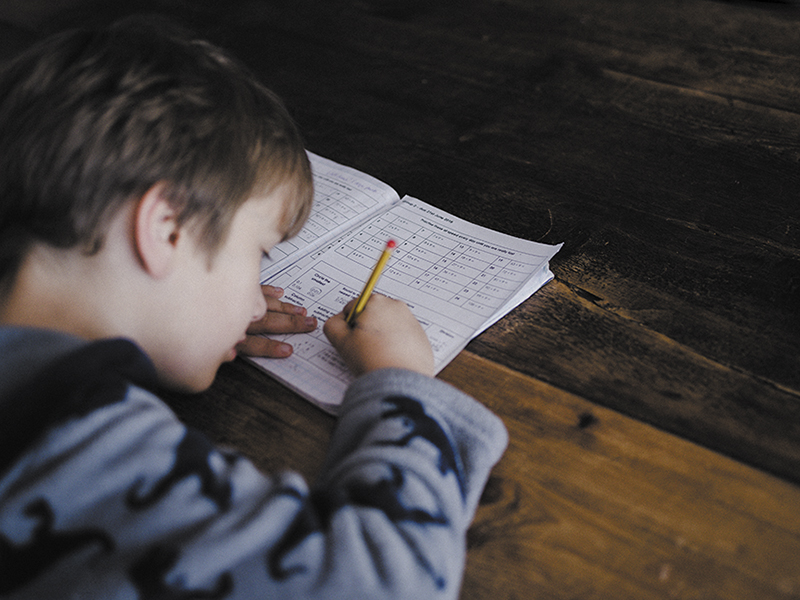For some students, getting started or finishing nightly homework assignments can be a struggle, but it doesn’t have to be. You can help turn homework into a positive experience for your child by establishing a few consistent guidelines that will ensure academic success and confidence. Here are a few tips to ensure homework is a positive experience for your child, as well as for you.
Take A Break Before You Get Started
Rather than diving straight into homework after an exhausting day, give your child 30 minutes to unwind enjoy a healthy snack, and maybe stretch their legs after sitting all day. Especially helpful for younger children, the break allows them to avoid feeling attacked by homework routines the second they walk in the door.
Establish Consistent Homework/Study Times
Set aside a consistent time each day to study and complete homework. If your child attends an after-school program, have him or her start homework there and check it at home.
Utilize Free Resources
Before you start paying for a tutor or go to a homework help center, know that there are plenty of free resources available such as Free Resources for Online Student Tutoring (FROST) offered by PVSchools.
FROST is a student-driven, tutoring program that creates a casual, easy to use learning environment for students who need extra assistance with their academic subjects. PVSchools qualified high school students are available to provide tutoring in any subject matter for any student, kindergarten through 12th grade.
Reduce Distractions
Help reduce distractions by turning off the TV and music when your child is doing homework. Also, consider taking mobile devices out of the room as text messages and email alerts can also be very distracting.
Use A Timer
By using a timer, you’ll keep your child on track with very little distraction. You can use a kitchen timer or the timer on your smartphone. If your child is easily distracted or gets frustrated, set the timer for 10 minutes to see how much work can be completed in that timeframe. If your child still has trouble with the assignment, provide assistance.
Praise Your Child
When graded homework, classwork and tests are returned to your child, review the graded material together. If your child struggled with a particular concept in the past, but received a good grade on this assignment, praise your child on how well he or she did.
Help Without Doing the Homework
Offer assistance when your child needs it. If your child is having trouble with a math concept, find a YouTube video that your child can view. As a parent, you shouldn’t complete your child’s homework assignments. Plan ahead and make sure that your child has enough time to complete bigger projects.
Check Your Child’s Homework
Offer to review your child’s work for accuracy before it’s due. Go over any items that your child may have missed. Ask your child how he or she got that answer. It’s always a good idea to double-check work before it’s turned in.
Talk to Your Child’s Teacher
At the start of the school year, find out what the grading policy and class expectations are. If you have any questions about projects or assignments, ask your child’s teacher for clarification.





